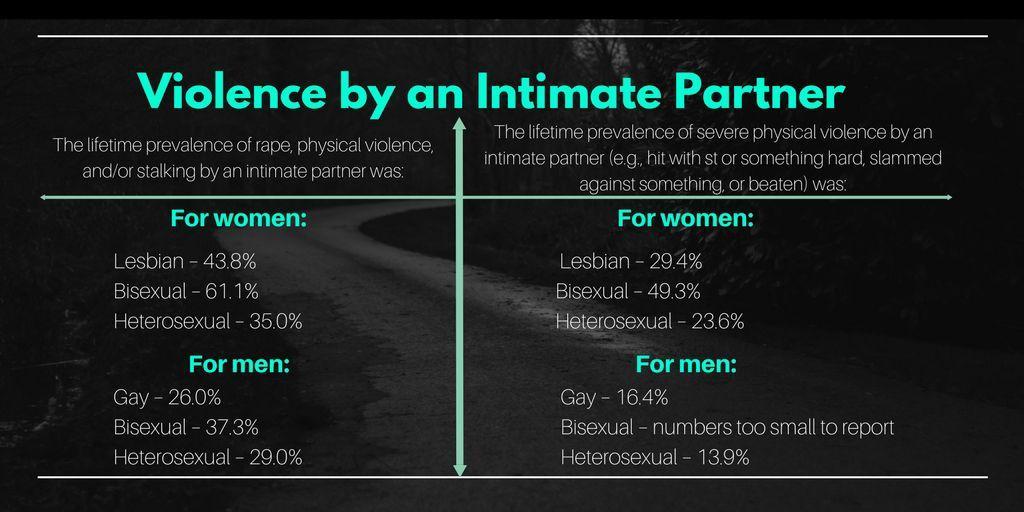Proposed legislation from state Rep. Patrick Connick, R-Marrero, aims to close a long-standing loophole in Louisiana’s domestic violence statutes.
The legislation, House Bill 27, would alter the state’s civil and criminal statutes related to domestic violence, opening harsher sentencing to abusers in same-sex cohabiting relationships while also providing key public welfare assistance options to same-sex victims.
The bill moves to strike “of the opposite sex” from the state’s definition of a household member, a definition that forms a foundation for the state’s domestic abuse battery and domestic abuse aggravated assault charges, as well as support services for victims.
Louisiana law defines domestic violence in terms of violence perpetrated against family members, such as spouses or household members. Current state law identifies a household member as “any person of the opposite sex presently or formerly living in the same residence with the defendant as a spouse, whether married or not.”
Louisiana and South Carolina are the only states that currently include explicit “opposite sex” distinctions in their domestic violence statutes. In 2013, the Montana Legislature voted to remove “opposite sex” from its partner and family assault statute.
According to information from the American Bar Association’s Commission on Domestic and Sexual Violence , many states’ statutes are silent on same-sex applications, extending domestic violence laws and protections to same-sex dating couples through broadly applied gender-neutral language. Only three states — Hawaii, Maine and Washington — and Washington, D.C. explicitly apply the law to same-sex couples.
Connick said he filed the legislation on behalf of the Jefferson Parish District Attorney’s Office, where Assistant District Attorney Sunny Funk is spearheading the change. Connick said the district attorney’s office handles domestic violence cases day in and day out and understands the community’s needs.
Society is evolving, Connick said, and the legal change is necessary to ensure the state is doing its best to protect its citizens.
“Everybody needs to be protected no matter what your sexual orientation,” he said. “Everybody needs to be protected from abuse.”
Funk said the current law prevents the judicial system from treating victims and offenders in same-sex cohabiting relationships the same as their heterosexual counterparts. Instead of being charged with domestic abuse battery or domestic abuse aggravated assault, offenders would receive a lesser sentence.
Mariah Stidham Wineski, executive director of the Louisiana Coalition Against Domestic Violence, said the state has strong penalties in place to counteract domestic violence, especially in instances of domestic abuse battery. The state’s battery law includes enhancements that increase sentencing when strangulation, burning or serious bodily injury occur, she said.
Closing loopholes like the one outlined in HB 27 is crucial if the state is serious about ending domestic violence, she said.
Wineski said the state legislature’s strong stance against domestic violence in recent years is encouraging for the bill’s success. In 2014 and 2015, then-Gov. Bobby Jindal signed approximately 10 bills related to domestic violence protections and requirements for offenders.
Louisiana has a notable history of domestic violence. The state is currently ranked second in the nation for the number of women murdered by men, and has been ranked in the top 10 for the last six years, according to the Violence Policy Center. In 2016, there were 50 domestic homicides in the state.
While domestic violence statistics for heterosexual couples are well documented, little information exists about abuse in the LGBTQ community.
According to the 2010 National Intimate Partner and Sexual Violence Survey, “lesbian women and gay men reported levels of intimate partner violence and sexual violence equal to or higher than those of heterosexuals.”
The National Center for Injury Prevention and Control survey had 16,507 survey respondents, including 9,086 women and 7,421 men. Of the women, 118 self-identified as lesbian and roughly 200 self-identified as bisexual. Among the men, 148 self-identified as gay while 89 self-identified as bisexual.
In the survey, lesbian women, bisexual women and gay men all reported higher levels of severe physical violence by intimate partners than heterosexual respondents. Of the 118 lesbian respondents, 34 reported experiencing severe physical violence in their lifetime. Twenty-four of the 148 gay men reported similar experiences.
Wineski said state data on LGBTQ domestic violence is minimal or non-existent, but the organization and its network of shelters does receive assistance calls from same-sex victims. Hopefully, changes to the law and greater understanding that same-sex offenders will be held equally accountable will encourage victims to report abuse, she said.
Spectrum president Courtney Murr said even if the law doesn’t currently apply to LGBTQ students, knowing that same-sex couples are being afforded the same treatment as straight couples under the law is important. Cohabitation is becoming a more common option among couples, and every victim in a relationship should be able to seek justice, she said.
Having gray areas in the law, like the state’s “opposite sex” requirement, can be detrimental to people’s safety, Murr said. Connick’s legislation signals that Louisiana legislators are working to protect their constituents.
That hasn’t always been the case with LGBTQ protections, she said.
“Louisiana has struggled in other areas of the law as it regards equality and providing equal protections under the law for the LGBT community, and I think this is kind of demonstrative of that fact,” Wineski said.
This change is long overdue, she said.
Legislation proposes changes to domestic violence statutes
March 16, 2017
More to Discover












